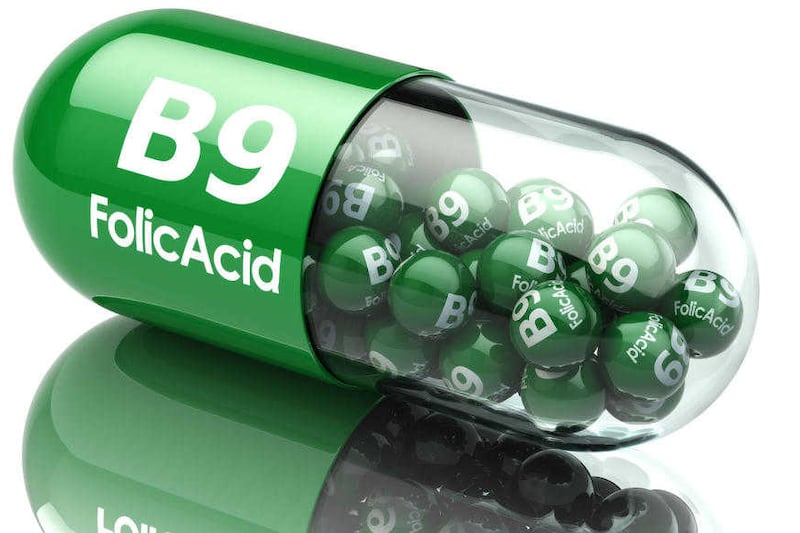Coconut oil may have been touted as a “healthier” version of all the cooking oils out there, but a new health advisory published in the US says there are no significant studies to support the claim.
The American Heart Association (AHA) says coconut oil is made up of 82% of saturated fat and adds that scientific studies have shown that this kind of fat can raise low-density lipoprotein (LDL), aka, “bad” cholesterol in our bodies.
In fact, Frank Sacks, who is the lead author of the advisory and a professor at the Harvard School of Public Health, goes as far as to blame the media for shaping “public perception about saturated fats”, adding: “One of the real problems in transmitting health information is that generally people who are writing about it don’t look into what’s come before.

“The media also don’t pay much attention to new studies that support or extend current dietary recommendations.
“The overall effect has misled the public on the science of dietary fats.”
Cholesterol is a fatty substance that can be found in some foods that is carried around by proteins in our body. When cholesterol and proteins are combined, they are called lipoproteins.
There are two types of proteins – LDL, which carries cholesterol from your liver to the cells that need it, and HDL (high-density lipoprotein), which carries cholesterol to your liver where it is disposed of.

According to the British Heart Foundation: “Too much LDL in your blood can cause fatty material to build up in your artery walls. The risk is particularly high if you have a high level of bad cholesterol and a low level of good cholesterol.”
The key when consuming saturated fat is to maintain a high ratio of good to bad cholesterol.
Speaking about coconut oil, Sacks adds: “I just don’t know who is pushing it, but it’s not scientists.
“It may be driven by manufacturers looking to profit, or some countries’ economic dependence on coconut oil.”

Instead, he recommends using canola oil, which he says has only 7% saturated fat.
Sacks says studies have shown reducing saturated fats can lower cholesterol and, consequently, reduce the risk of heart attack and stroke and lower the risk of death from coronary heart disease.
AHA recommends saturated fat should make up less than 10% of daily calories.
The review is published in AHA’s journal Circulation.








